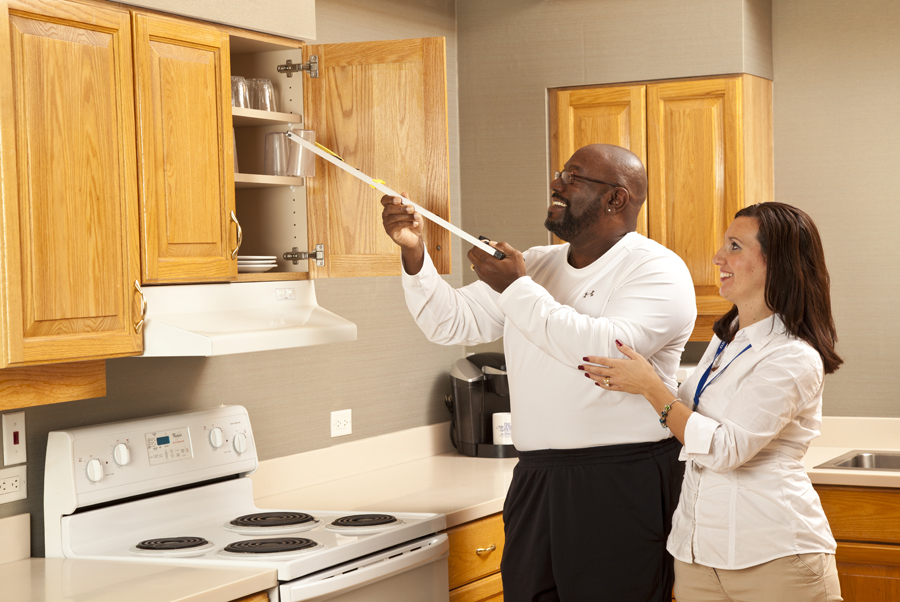The Impact of Athletic Rehabilitation on Speeding up Injury Recovery and Improving Athletic Output
Wiki Article
Athletic recovery plays a vital role in assisting athletes heal from traumas and improve their overall capability. When athletes get hurt, it can be disheartening and discouraging. However, with the right rehabilitation plan, they can return to their activity stronger and better equipped than before. Athletic recovery focuses on specific workouts and treatments that address the injured area, helping to alleviate discomfort and regain function. This process not only assists in recovery but also enhances sports performance by tackling any weaknesses or imbalances that may have led to the injury.
One of the essential elements of sports recovery is the evaluation of the trauma. A qualified professional, such as a physical therapist or athletic trainer, evaluates the sportsperson's status to identify the most effective path of treatment. This evaluation includes understanding the kind of trauma, its extent, and how it impacts the athlete's ability to perform. By gathering this data, the recovery expert can create a customized care strategy that includes workouts, flexibility routines, and methods like cold or warmth treatment. This individualized method ensures that the sportsperson receives the best treatment for their particular requirements.
As sportspeople advance through their recovery, they often participate in different workouts designed to fortify the injured area. These workouts may include strength training, flexibility exercises, and balance training. Strengthening the muscles around the injury helps to support the joint and prevent future injuries. Additionally, improving flexibility can enhance the range of motion, allowing athletes to perform better in their activity. Balance training is also essential, as it helps sportspeople keep balance and control, which are vital for peak performance.

Another important aspect of sports rehabilitation is go to this web-site education. Sportspeople gain knowledge about their injuries, the healing process, and how to avoid subsequent problems. This knowledge empowers them to take an proactive role in their rehabilitation. Understanding the significance of proper preparation and recovery practices, as well as the significance of listening to their bodies, can assist sportspeople avoid re-injury. Furthermore, recovery experts often provide guidance on diet and hydration, which are vital for recovery and general sports performance.
In conclusion, sports recovery is crucial for athletes recovering from traumas and working to enhance their performance. Through customized assessment and care plans, athletes can recover power, flexibility, and balance. The learning provided during rehabilitation enables sportspeople to take charge of their rehabilitation and avoid future injuries. By committing time and resources into athletic rehabilitation, athletes not only recover but also improve their skills, making them better prepared in their individual sports.